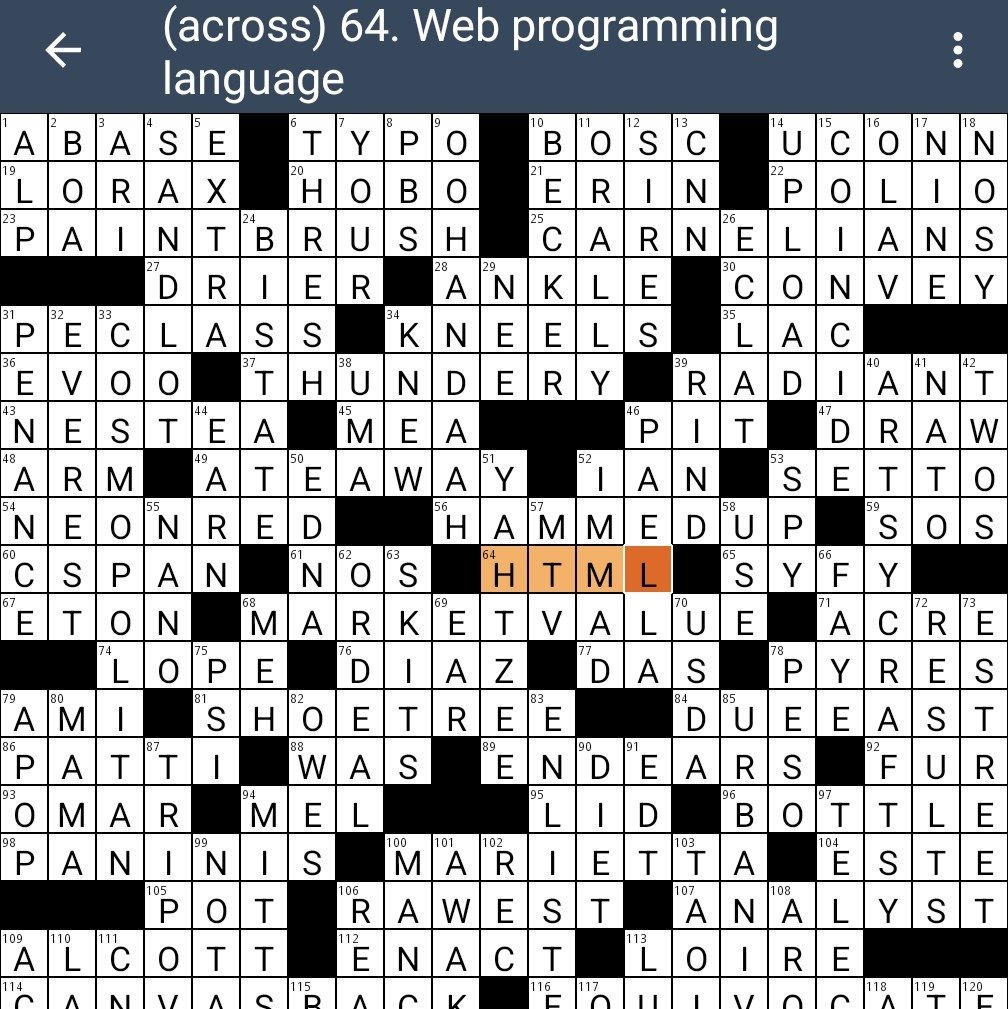this post was submitted on 06 Mar 2024
521 points (96.1% liked)
Programmer Humor
32571 readers
361 users here now
Post funny things about programming here! (Or just rant about your favourite programming language.)
Rules:
- Posts must be relevant to programming, programmers, or computer science.
- No NSFW content.
- Jokes must be in good taste. No hate speech, bigotry, etc.
founded 5 years ago
MODERATORS
you are viewing a single comment's thread
view the rest of the comments
view the rest of the comments

Stateless functions still deal with state, they just don't hold onto it. Without state to mutate, a so-called stateless function doesn't do anything.
In declarative languages, your state is the sum of everything you've declared. You don't query results out of thin air. Computational results logically conclude from everything you set up.
HTML ""has state"", as in it has a DOM, but it doesn't do anything with it. You don't mutate the DOM after it's built, or query the DOM to compute results that weren't trivially evident from the state you declared.
You can do those things with JavaScript. But all that proves is JavaScript is a programming language, and HTML is just a data format it can interact with.
Sure, stateless functions deal with and impact state in some way. If that's what you meant by your previous comment, that's fine, but that's honestly not what would typically be meant by "juggling" state.
The part about declarative languages has nothing to do with state. Declarative languages do not give the programmer control over flow, the other part of your definition.
Learn Lisp, and you will never again be so certain about the difference between a programming language and a data format.